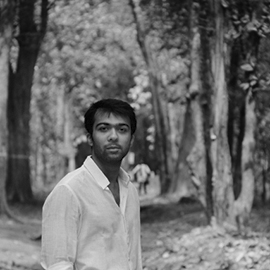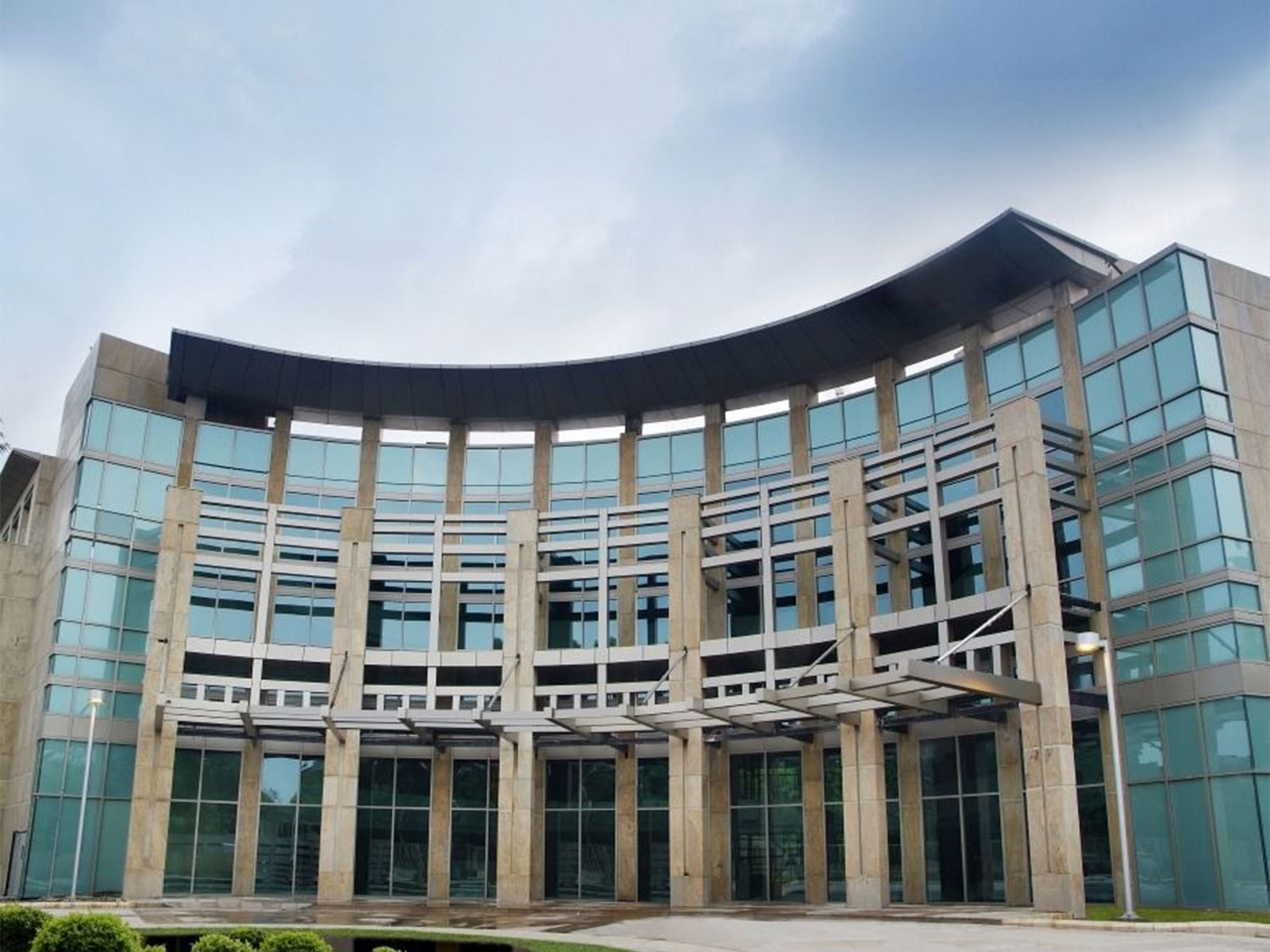Ahmednagar rape case: caste crime or sexual assault?

What happened?
- A 14-year-old girl was brutally raped and murdered by gang of men in Ahmednagar
- While the police have arrested three people, the hunt is on for a fourth
- Police are still trying to determine if there were more people involved in the gruesome crime
How are issues being twisted?
- The victim was a Maratha and the rapists were Dalit
- Some activists say that the case is a sexual assault and not a caste crime
- The caste angle, however, is being played by political parties
More in the story
- How the Atrocities Act might change the case
- How are the political parties taking advantage of the situation?
It has been a tense week for the Kopardi village of Ahmednagar district in Maharashtra. The police force has been deployed in substantial numbers, and it appears they will have to stay put for the next two weeks at least.
On 13 July, a 14-year-old girl was accosted by a gang of men when she was on her bicycle. She was then brutally raped, mutilated and finally, strangled to death.
Her hair had been ripped off, hands dislocated and flesh from her body, including the genitals, were torn.
The brutality of the crime stirred the collective conscience of the state, leading to protests in Ahmednagar, demanding justice for the girl.
So far, three arrests have been made, and the government has assured the case will be tried in a fast track court while appointing Ujjwal Nikam as the public prosecutor.
Investigations are on to figure out exactly how many people were involved in the horrifying crime.
Sadly, the protests for justice have taken a communal turn. The girl was Maratha and the boys, who raped her in a drunken state, were Dalits.
After the ghastly incident that occurred in the late evening of 13 July, police made its first arrest on 14 July.
Law and lack of order
On 15 July, certain Maratha groups, with prominent reach in Maharashtra, started a campaign on social media.
The protests that followed had an anti-Dalit undercurrent with protestors attacking the Atrocity Act, which was introduced to ensure swift justice for the lower castes.
Shantaram Kunjir of Sambhaji Brigade, a powerful Maratha group, said the police, state and media would have reacted differently if the girl had been a Dalit instead of Maratha.
"The background of this rape is connected to the atrocity act," he said. "There are Dalit groups that misuse the Atrocity Act to blackmail others. They extort money by using it as a tool. It has emboldened them. The act needs a relook."
Noted activist Kiran Moghe said similar arguments are made regarding rape laws but they are never substantiated with documentation.
"It is nothing but an attempt to play with people's perception by spreading false propaganda," she said. "When we talk about a law, we should see why it was introduced in the first place. We are still a casteist society where Dalits have to fight particularly hard for justice."
Ahmednagar, which was once described as Maharashtra's Kerala for its progressive thought and leftist movements, has, in the last couple decades, become infamous for its history of some of the most horrible caste atrocities against Dalits inflicted by the Marathas.
2013
Three Dalit men were murdered in Sonai village, one of whom was in love with the daughter of an upper caste farmer.
May 2014
A Dalit boy was killed for an affair with a Maratha girl.
May 2015
A 23-year-old Dalit boy was beaten to death in Shirdi for a ringtone that praised Babasaheb Ambedkar.
These are just a few examples from a long list of caste atrocities that have plagued the district. So much so, that there were demands of declaring Ahmednagar as an "atrocity-prone district".
Caste issue
Experts believe by communalising the recent case, Maratha groups are trying to negate the history of violence Dalits have been subjected to for all these years.
Moghe, while demanding harsh punishment for the culprits, said there is no connection of caste in this particular case, and drawing that connection would only intensify the animosity between two castes.
"This is a clear case of sexual assault. It is understandable to talk about caste or community when violence is committed in the name of it," she said. "The motive here had nothing to do with caste, it pertained to gender. In Ahmednagar, the previous instances have been honour crimes, with caste being the focal point."
Maratha groups, however, are unwilling to concede the difference between a sexual assault and a caste-based assault. In spite of the media reporting the incident promptly, they ran a vicious campaign on social media.
"If the girl had been a Dalit, and culprits Marathas, the media would have set Maharashtra on fire," said Kunjir. "The whole system is hell bent on defaming Marathas. Police are not serious either when the victim is not a Dalit."
The politics of it
The issue has also taken a political turn now. Ahmednagar, predominantly populated by Marathas, has been a political bastion of the NCP. Marathas have historically been their prime vote bank.
While NCP spokespersons have vehemently opposed communalisation and nobody has spoken against the atrocity act, reports indicate that their on-ground approach has been different.
The prominent Maratha groups at the forefront of the agitation have close links with the NCP and ground reports say they have been fanning these protests.
Commentators believe BJP government's late reaction to the incident provided the NCP and Maratha organisations a chance to communalise the issue.
Water Conservation Minister Ram Shinde, who is also the guardian of the constituency where the rape happened, visited the spot 3 days after the incident to console the aggrieved family.
By the time he responded, it was too late. The situation had been taken over by the Opposition.
Taking advantage of the situation
Suresh Dhas, spokesperson of NCP, said his party would not have had to interfere if the concerned authorities had paid attention to it.
"Shinde was taking charge of his ministry that day. He could have easily adjusted his timetable and given necessary directions to the police and calmed the sensitivities of the public," he said. "As far as the Atrocity Act it concerned, we have never said anything about it. Our focus should only be about justice for the girl."
The Leader of Opposition in the Legislative Council and NCP leader Dhananjay Munde shared a photograph of Ram Shinde claiming he is close to the main accused, Santosh Bhuwal.
Later, it was established that the person in the photograph with Shinde is not the accused. Munde apologised and retracted the statement.
Bringing it to the floor
In the Maharashtra assembly, a detailed debate ensued on Tuesday with Prithviraj Chavan, Ajit Pawar and Devendra Fadnavis speaking about the issue.
BJP spokespersons in Maharashtra conceded that Shinde should have visited the victim's family promptly but said the state does not discriminate in sensitive cases by citing the fact that they have ordered the case to be tried in fast track court, and accepted all the demands made by the Opposition.
Fadnavis said the incident "blackened the face of Maharashtra" and the state would seek death penalty for the guilty, with a five-member team, including forensic experts in charge of it, which would help bring the case to charge sheet-level in next four to six days.
Responding to the demands of his resignation as the home minister, he said, "I appeal to people in the state to stop venting their ire over the issue. It is not factually correct that there was a delay in police action," he said. "Three of the accused have been arrested. Action will also be taken against the fourth accused."
Wait for justice
Moghe, however, raised concerns about fast track courts not being as fast as they are supposed to be. "The state keeps appointing Nikam but has he ensured swift justice in the past?" she asked. "He messed up the entire Khairlanji case. Sonai case is being delayed because he does not appear in court."
Commentators have said the politicisation and communalisation of the issue has done gross injustice to the family of the victim.
It has sidetracked the fundamental issue of a swift judicial probe and strictest of punishments to rapists.
Surendra Jondhale, head of political science department of the Mumbai University, said one should analyse the reasons behind the hostility persisting in Ahmednagar.
"It is important to inspect whether the political economy and social structure of Ahmednagar is conducive for such kind of activities irrespective of caste," he said. "It is regrettable that the reactions from civil society and political class vary according to the caste and class of the victim."
Dnyanesh Maharao, editor of a renowned Marathi weekly, Chitralekha, said political parties and the groups affiliated with them exploit such issues because the society lives with a sense of false pride.
"We need to pacify our egos based on the things that happen to us by accident," he said. "Whether it is our nationality, caste, religion, gender or any other thing. Politics thrives on false egos that we harbour. As long as we keep wearing these egos on our sleeve in our public lives, such issues will keep getting exploited."
Edited by Jhinuk Sen
Also Read: Activists condemn rape, murder incidents in Ahmednagar, Rohtak
Also Read: Maha MLAs want accused in Ahmednagar rape-murder to be 'killed like rabid dogs'
First published: 21 July 2016, 7:05 IST





![BJP's Kapil Mishra recreates Shankar Mahadevan’s ‘Breathless’ song to highlight Delhi pollution [WATCH] BJP's Kapil Mishra recreates Shankar Mahadevan’s ‘Breathless’ song to highlight Delhi pollution [WATCH]](https://images.catchnews.com/upload/2022/11/03/kapil-mishra_240884_300x172.png)

![Anupam Kher shares pictures of his toned body on 67th birthday [MUST SEE] Anupam Kher shares pictures of his toned body on 67th birthday [MUST SEE]](https://images.catchnews.com/upload/2022/03/07/Anupam_kher_231145_300x172.jpg)






